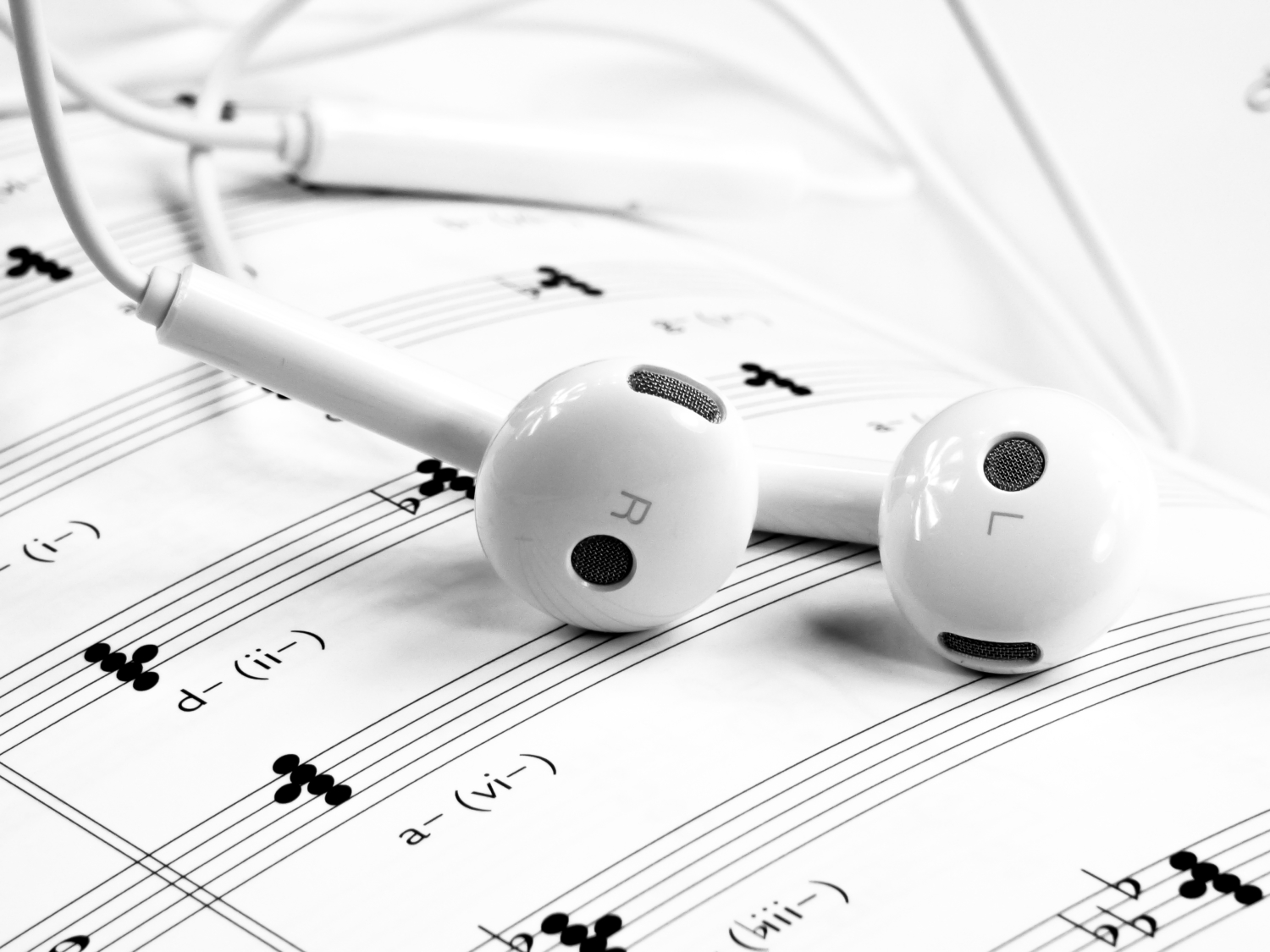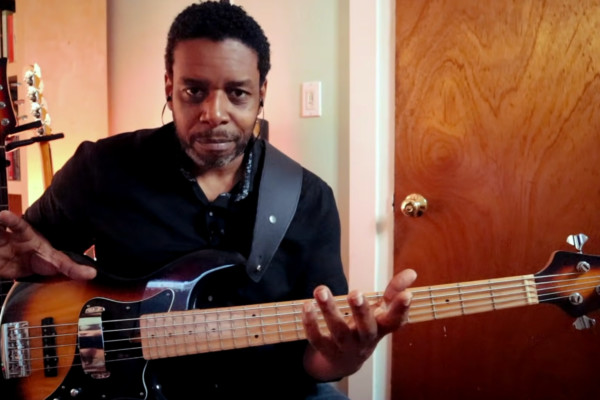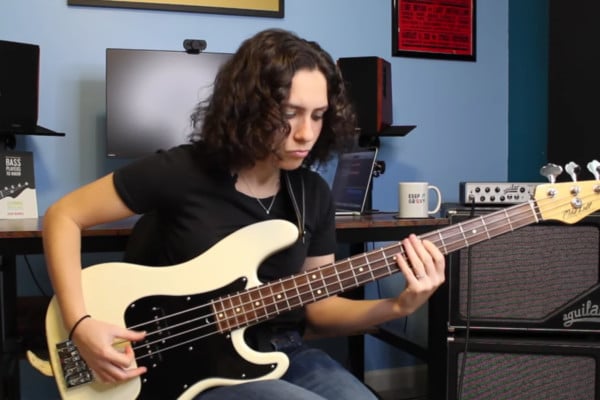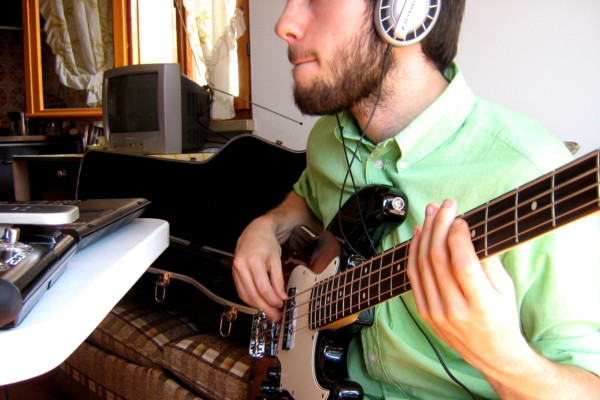Should I Study Music Written For Other Instruments?

Q: I was recently talking to a guitar player friend about feeling bored with practicing, and he recommended that I try to incorporate studies from different instruments into my routine. You’ve talked about using drum rudiment books to practice rhythm, and that totally makes sense, but what could I gain from studying a book on piano voicings or guitar stuff (beyond working on my treble clef reading)? Do you think it’s worth the time?
A: Yes, I do. Definitely. A lot of things depend on who you want to be as a musician and what kind of things you want to foster in your practice routine but, personally, I have mined quite a bit of gold out of books written for drums, piano, guitar, cello, saxophone, and so on.
I feel I gain insight into the kinds of things other instrumentalists work on and, more importantly, gain insight into how they perceive harmony, motivic development, etc. Just understanding that there is more than one way to understand or perceive something conceptually keeps your mind open and spending time trying to see things from that angle can help open you up musically. At the very least, you may also discover some sweet licks and patterns that you wouldn’t have come up with on your own.
Additionally, most bass books are focused on being a solid bass player with a little bit of harmonic expression and some improvisational approaches sprinkled on top. This is because the books are written by bassists, and we spend the majority of our time thinking from the root up. Horn players spend most of their (harmonic development) time thinking from a melodic and improvisatory standpoint. They spend the vast majority of their time playing melodies and improvising. It’s just a different frame of reference, so everything outside of the technical aspect of the instrument is viewed through a slightly different lens, much of the time.
I just recently picked up another book. Mick Goodrick and Tim Miller collaborated on a book about chordal harmony and an approach for developing interesting modern sounding rootless voicings for the guitar (Creative Chordal Harmony for Guitar – Using Generic Modality Compression). It’s a mouthful, but the music contained within makes more sense than the vernacular. Why on earth would a bassist work on this book? I specifically wanted to try and see harmony through their eyes and ears because I love their harmonic sensibilities. Also, I wanted to learn some new shapes and approaches to playing over changes so I can further develop my personal map of the fretboard. I wanted to expand the way I see things on the fretboard, so why not study like a modern badass jazz guitarist?
I even ordered a baritone set of strings for a guitar I have so I can practice the voicings comfortably, hear them in a higher register, but still use a familiar tuning (I’ll string it B E A D G C, just like my 6-string bass). I can’t see how this wouldn’t help to develop my sound, perception of what is harmonically relevant, how to connect changes, as well as just further developing my ear.
Different instruments lend themselves to different ways of playing and approaching melodic patterns. The way I see it; the more I know, the more I will be able to speak authoritatively and effectively when making music. I’d love to understand Tim Miller’s intervallic approach or be able to think like a monster tenor player when playing through changes. For my money, diving into those books is a no-brainer.
The biggest obstacle will be transposing the notation but that, in and of itself, is another level of study that is very worth your time.
I hope that helps. Have fun!
Have a question for Damian Erskine? Send it to [email protected]. Check out Damian’s instructional books, Right Hand Drive and The Improviser’s Path.



